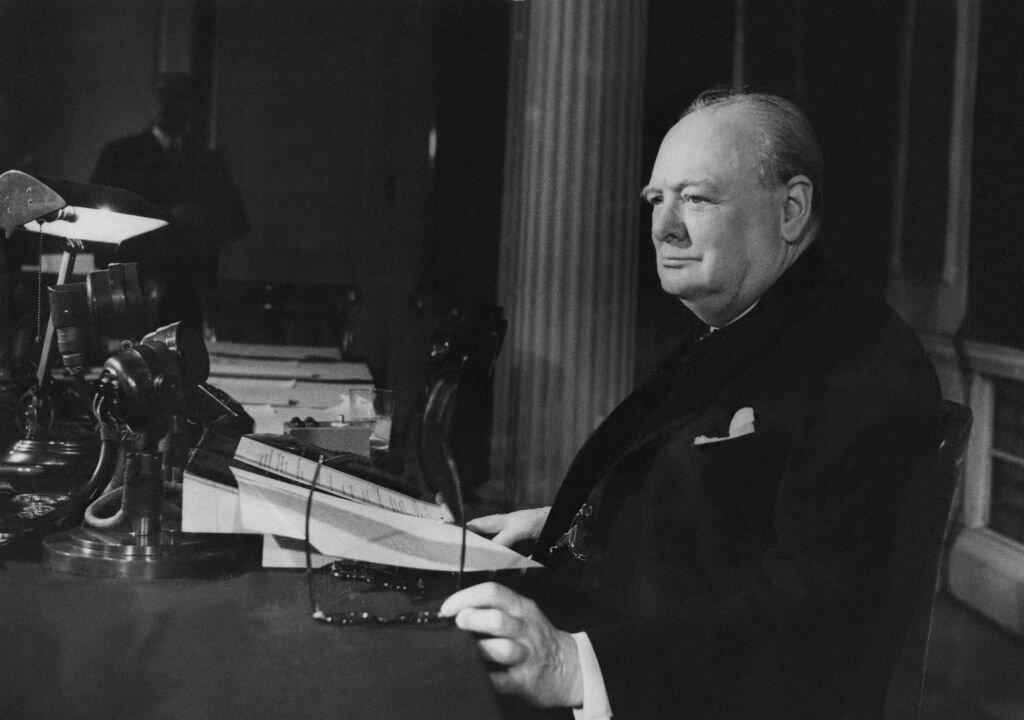In May of 1940, 80 years ago this month, German tanks and troops were racing through France, defeating French and British forces at every turn. By the end of the month, the Germans had trapped over 400,000 of these soldiers in the port of Dunkirk. In what became known as the Miracle of Dunkirk, nearly 340,000 of these men escaped capture, thanks in part to the hundreds of small privately owned vessels from England that came to their rescue.
Another miracle occurred in that disastrous month.






